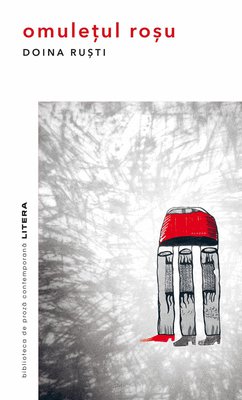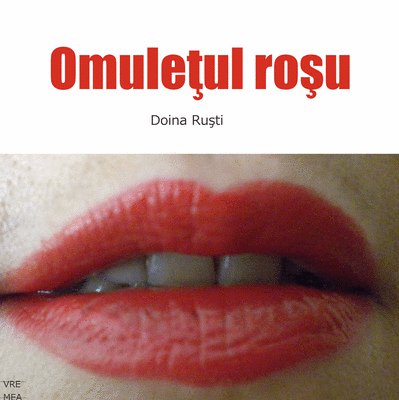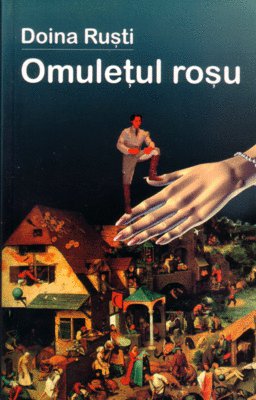




“I have often thought”, you tackled the topic, “why people make babies.”
“Out of carelessness”, Cristian said, accompanied by the others’ laughter.
“It is true. To a great extent, children are born out of casual relationships, but I refer to people who really want to make babies, sometimes more than anything. There are poor people, who live in squalid houses, in one room or together with their parents, who have no idea about the future, they know precisely they have no means to raise a child, and yet they make it, hoping things shall arrange by themselves. Not only do they make it, but they also throw it in a tormented world, make it live in misery and inoculate it one single ideal ever since childhood: to make babies in its turn.”
“Obviously. Otherwise the human race would disappear.”
“It is not about any race here, any debt, but a terrible and dark selfishness. Most individuals make babies because of their instinct of possession, they need love, unconditional love more precisely, they need a soul at hand, who should be theirs alone, whom they teach their own imbecility, they guide it to take those actions they did or missed and, especially, they need to leave their face in the world.”
“Of course, man goes down in history through his offspring, a common fact enough individuals had noticed before you. Shakespeare even wrote about it until both hands hurt him.”
“Very well, Cristian Avram, but this willingness changes along life into a connection, hard to bear for both parties. Parents make all kinds of sacrifices, they feed their children with what they have best, they put clothes on them, they take them to schools, they often forget to live. They run from morning till evening to get money, to save money, they make compromises, they live all the atrocities the society puts people who have children through and they are always blackmailed because they have children, as someone said once, so I can quote somebody.”
“Balzac.”
“Well, this terrible struggle poisons them and they regret they are not free, making their children feel guilty and in debt for all this life full of torment and silent discontent. What happens further? As soon as children grow up, they try to escape their parents’ shackles, but it is impossible. They start fighting their helpless parents and realize they cannot do much, they look for means to ease their old age, they run after cures, and sometimes they go into the wide world. But no matter if they are good children or bad and abandon their parents, in both cases they suffer tremendously, they feel guilty for all their discontent, they spend their life in rabid despair, loving their parents, feeling guilty, making babies in their turn, whom they would teach what their parents taught them. In short, the man lives in misery, choosing half a life to live his offspring and another half of life to torment them.“
“Yes!”, Cristian burst out, passing his hand very quickly through his hair.
“And what should he do? Swift’s alternative: take them since childhood and bring them to children nurseries.”
I think that was when I wedged in, enthusiastic on my own. I saw nobody was listening to me, each one of them was thinking of themselves. I was speaking, afraid at the thought they might listen to me. I started telling them about school dissolution. I mean, not exactly. There is a number of people prepared to begin life earlier, already grown up around the age of 17 years old, for whom school is a foolish waste of time. Ultimately, the age of great impetus goes by with exams, stupid memorization, under the baton or the stick of some teachers, crushed down by their own life problems and, in most cases, unable to teach another. I wish schools changed into clubs, had a strict socialization function. As a matter of fact, children go to school to see what X did, to meet one another, to know people from the same generation. I do not think there are children who go to school for what they are taught there. I am convinced the intellectual education is done by self-study. The teacher should have only a corrective role. I would like school to be done by computer, by periodical tests, without the sinister guy riding the chair and one hundred slaves.
Translated by Zenovia Popa